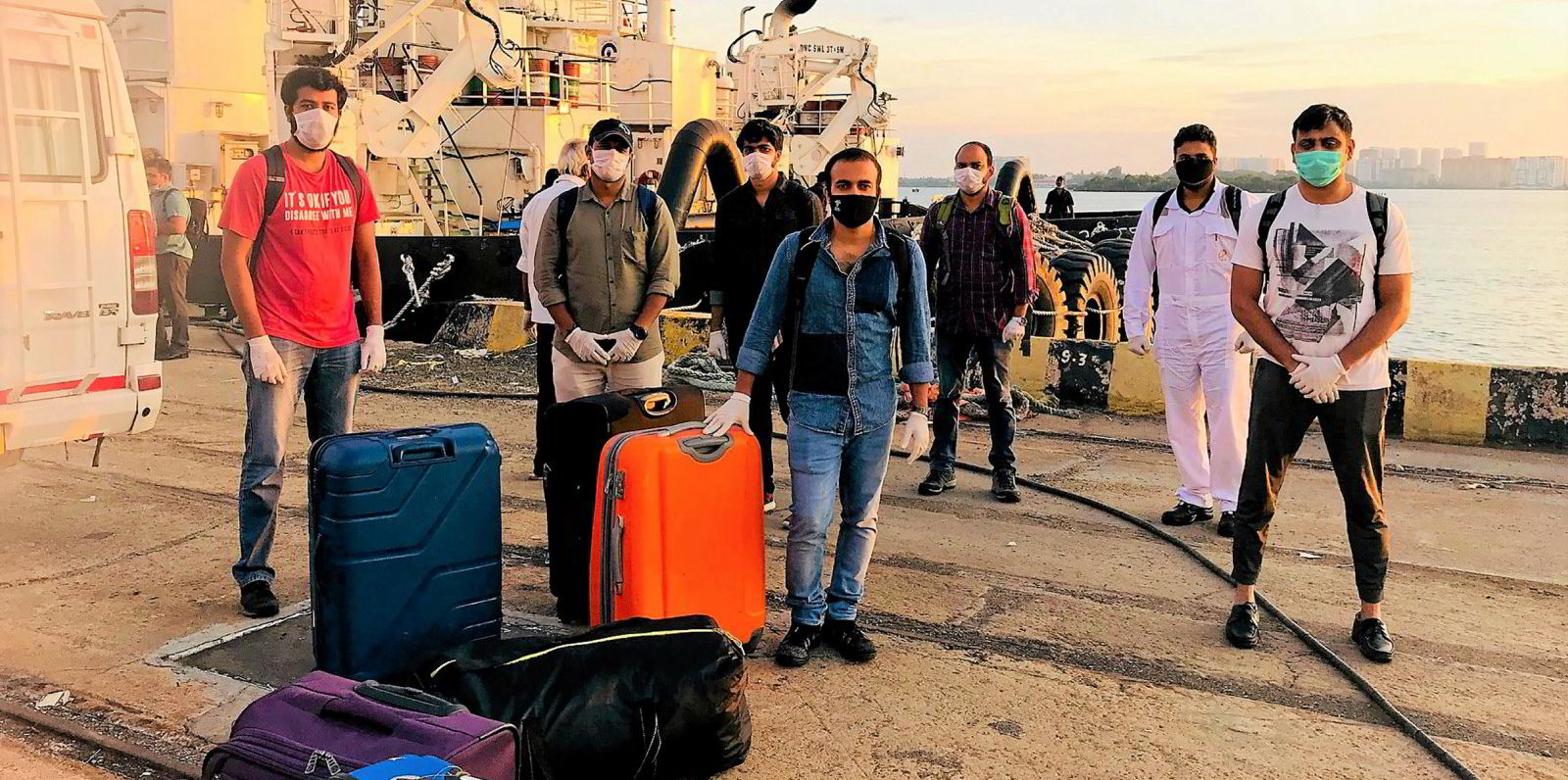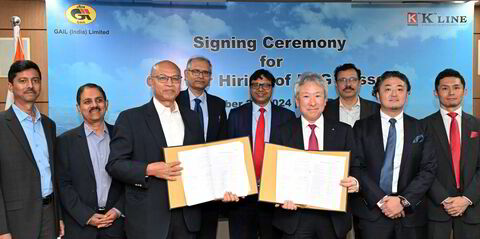Makers of everything from toothpaste to dog food are being encouraged to adopt a wide-ranging human rights checklist to audit their shipping supply chains to protect seafarers stranded on ships due to new Covid-19 variants.
The voluntary initiative, which has been launched jointly by the UN Global Compact, the UN Human Rights Office, the International Labour Organization and the International Maritime Organization calls on companies to address problems stemming from government-imposed restrictions on crew changes.
The human rights due diligence tool aims to provide guidance and a checklist for cargo owners, charterers and logistics providers to conduct human rights due diligence across their supply chains to identify, prevent, mitigate and address adverse human rights impacts for seafarers affected by the ongoing Covid-19 crisis.
The initiative comes amid concerns that the number of crew working beyond their contracts because of Covid-19 restrictions could surge from the current level of 200,000, potentially heading toward the peak of 400,000 seafarers at the height of the crew change crisis last September.
The UN agencies said they hoped the new guidance would help ensure that the working conditions and human rights of seafarers were respected and complied with international standards.
The guidance comes amid reports that companies are avoiding chartering vessels where a crew change is due, with some demanding ‘no crew change’ clauses in charter party agreements, preventing needed crew changeovers and adding further pressure on the maritime industry.
The UN agencies said the new human rights tool complements current industry-led collective action, such as the Neptune Declaration on Seafarer Wellbeing, which has been signed by more than 750 companies.

“The impact of the Covid-19 pandemic has highlighted the fragility of global supply chains as seafarers continue to endure tremendous, and yet largely invisible, hardship and suffering,” said Sanda Ojiambo, executive director and chief executive of the UN Global Compact.
“The mental and physical wellbeing of seafarers must be a priority and this tool is an important step in building awareness of how to address human rights abuses in the maritime sector.
“It sends a powerful message of the importance of incorporating maritime workers in due diligence mapping to ensure that adverse human rights impacts are identified, prevented, mitigated and addressed.”
The International Chamber of Shipping (ICS), the industry association that represents shipowners, backs the new initiative, according to secretary general Guy Platten.
“The recent Suez Canal incident has reminded governments and the markets just how important global shipping is to the supply chains,” he said.
“Seafarers are continuing to work to maintain global trade through exceptional circumstances, and the Suez incident has only exacerbated the already dire crew change crisis.
“They must not be forgotten now the canal is open again, and we call on businesses to urgently adopt these important recommendations.”
IMO Secretary General Kitack Lim described the new tool as an “important step forward” in providing a practical approach for cargo owners and charterers to consider the human rights of seafarers and ensure they are put first and foremost.
Some of the world’s top ship managers warned recently that shipping’s crew-change crisis was far from over and could deteriorate even more in 2021.





